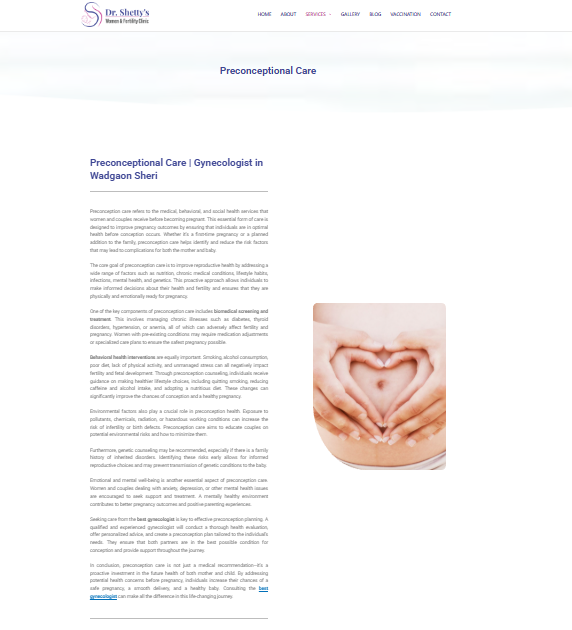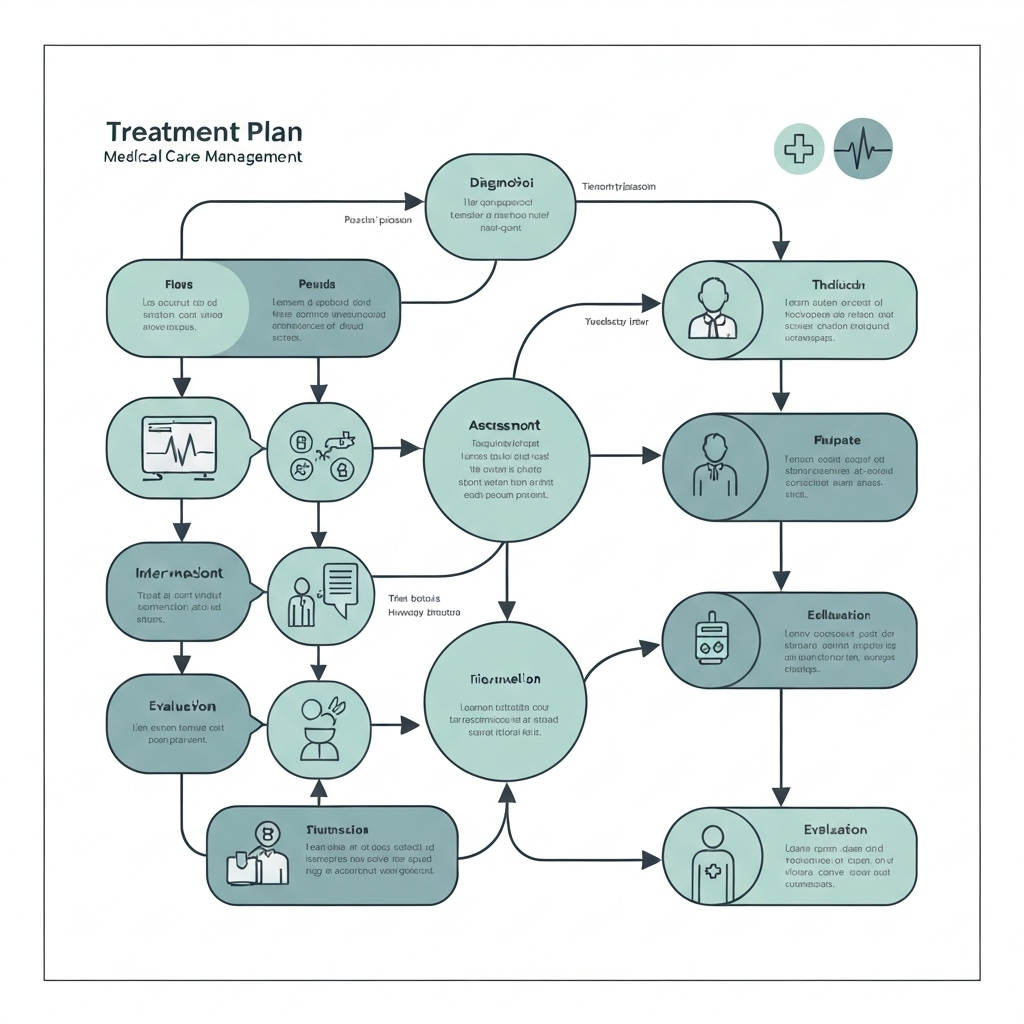Addressing Menstrual Cycle Problems
Expert care and guidance from Dr. Meenal Warade, your trusted gynecologist.

About Addressing Menstrual Cycle Problems
Menstrual cycle problems encompass a range of conditions that affect the regularity, duration, or characteristics of menstrual periods. A normal menstrual cycle ranges from 21-35 days, with bleeding lasting 3-7 days. When periods deviate significantly from this pattern or cause severe symptoms, medical evaluation and treatment may be necessary.
Common menstrual problems include irregular periods, heavy bleeding (menorrhagia), painful periods (dysmenorrhea), absent periods (amenorrhea), and premenstrual syndrome (PMS). These issues can significantly impact quality of life, fertility, and overall health, making proper diagnosis and treatment essential for women's well-being.

Expert Consultation
Personalized care with comprehensive evaluation and treatment planning.

Advanced Technology
State-of-the-art equipment for accurate diagnosis and effective treatment.
Common Causes & Risk Factors
Menstrual irregularities can result from various underlying conditions and factors. Hormonal imbalances involving estrogen, progesterone, or other hormones can disrupt the normal menstrual cycle. Conditions like polycystic ovary syndrome (PCOS), thyroid disorders, or pituitary gland problems commonly cause menstrual irregularities.
Structural abnormalities such as uterine fibroids, polyps, or endometriosis can cause heavy bleeding, prolonged periods, or severe pain. Adenomyosis, where the uterine lining grows into the muscle wall, can also cause painful, heavy periods.
Lifestyle factors including extreme weight changes, excessive exercise, stress, poor nutrition, or eating disorders can affect menstrual cycles. Certain medications, including blood thinners or hormonal contraceptives, may also influence menstrual patterns. Age-related changes during adolescence or perimenopause commonly cause temporary irregularities.

Lifestyle Factors
Understanding how daily habits and choices impact your health.

Genetic Factors
Family history and genetic predisposition considerations.
Prevention & Management
While not all menstrual problems can be prevented, maintaining overall reproductive health can help minimize issues. Regular exercise, a balanced diet, and maintaining a healthy weight support normal hormonal function and menstrual regularity.
Stress management through relaxation techniques, adequate sleep, and healthy coping strategies can help prevent stress-related menstrual irregularities. Avoiding excessive exercise or restrictive dieting helps maintain normal hormone levels.
Regular gynecological check-ups allow for early detection and treatment of conditions that could affect menstrual health. Tracking menstrual cycles helps identify patterns and changes that may need medical attention. Prompt treatment of underlying conditions like thyroid disorders or PCOS can prevent menstrual complications.

Regular Screening
Early detection through routine examinations and preventive care.

Treatment Planning
Customized treatment approaches tailored to individual needs.
Frequently Asked Questions
Ready to Get Started?
Schedule your consultation with Dr. Meenal Warade today for personalized care and expert guidance.